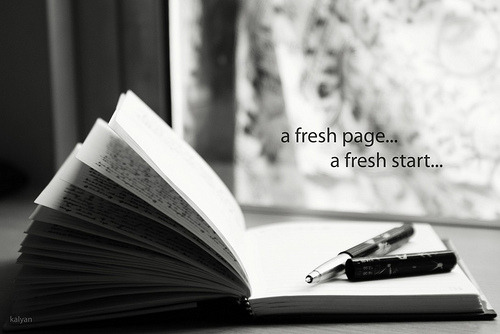In the Company of Angels
by N. M. Kelly
I have been unable to sort out my thoughts and, ... well, feelings ... about this slim little tale that is so unusual and perplexing. I finished it well over a week ago and have read a couple of other books since then, but this one has not been far from my thoughts. I can't say that I liked it, but the fact that I keep thinking about it suggests something about its quality. There is some inherent resonance. I can't decide if it was magical or macabre. Or maybe it was both.
The plot is hard to describe since you're not entirely clear what is happening for much of the story.
Marie-Claire, a young Jewish girl who is living peacefully with her grandmother after the death of her parents, is the sole survivor when her village is bombed during World War II. Or is she? And that is the question around which the story slowly spins and over which I cannot stop mulling. In the beginning chapter, she is plucked from the rubble of her grandmother's home and secreted away to a convent in a small Belgian village. The nuns who save her, Mother Xavier and the postulate Anne, both have painful histories of proximity to evil that conflicts with the light and goodness inside them. They intend to keep her hidden until she can be smuggled to safety, but strange things begin to happen, and no one is sure if they are miracles or something else entirely.
The story is full of contradictions. There's Anne's romance with a Nazi lieutenant, who later believes her dead and finds himself shooting across an open field at a runaway Jewish child and the nun who is sheltering her, not realizing that he's trying to kill the woman he loves. And Remy, the village chocolate maker who secretly delivers truffles to the convent each week, each batch more bitter than before as the war continues and he realizes that life will never be the same. Marie-Claire is innocent and child-like, not cognizant of the mysterious and miraculous phenomenon that follow her to the convent. And I'm just not sure what to say about it all, other than to borrow words from an author and reader, L.K. Rigel, who reviewed it on Amazon and on Goodreads. She captures it well by saying, "... like poetry, each word, phrase and image is loaded with deep meaning. This eerie, sweet, sad, horrible and beautiful story is loaded with small feasts for the imagination. I can speak for the book's haunting quality; the characters have not left me yet."
I found myself thinking a lot about imagination while I was reading this. Do you ever wonder how someone conceives a story and imagines it into existence? I think about this all the time, especially while reading something especially wonderful or, like this one, especially creative. While reading In the Company of Angels, I wanted to understand why Kelby wrote it, what happened to plant the seeds of this strange story in her mind, and what she hoped her readers would take from it. There isn't much written about this book other than comments offered by readers and one short review that I found on Publisher's Weekly. I feel there must be something profound behind this one, but if so, Kelby doesn't appear to be telling what it is. So I'll add that to the list of mysteries within the pages of this story. I'm not sorry I read it, but I'm not sure what to do with it either, other than to leave it spinning around in my own imagination.





